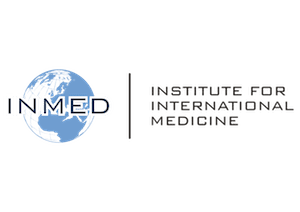Overview
Located in the Rift Valley, Tenwek Hospital mainly serves the Maasai and Kipsigis tribes. These proud peoples make a living by cattle herding and subsistence farming, respectively, and generally live in great poverty. Their physical afflictions include malaria, typhoid, diarrhea, malnutrition, distant trauma (nonunion fractures, open fractures), tuberculosis, and obstetrical complications. In this context, Tenwek has been offering hope since 1935.
Comprehensive healthcare is provided, including HIV care, dental, physical therapy, public health, and hospice. Tenwek integrates teaching and formation throughout it services and hosts formal training programs in medicine, surgery, nursing, laboratory and pharmacy, and chaplaincy. Thus, Tenwek has earned a solid reputation for health promotion and for compassionate affordable healthcare, recognized throughout the surrounding provinces and nations.
